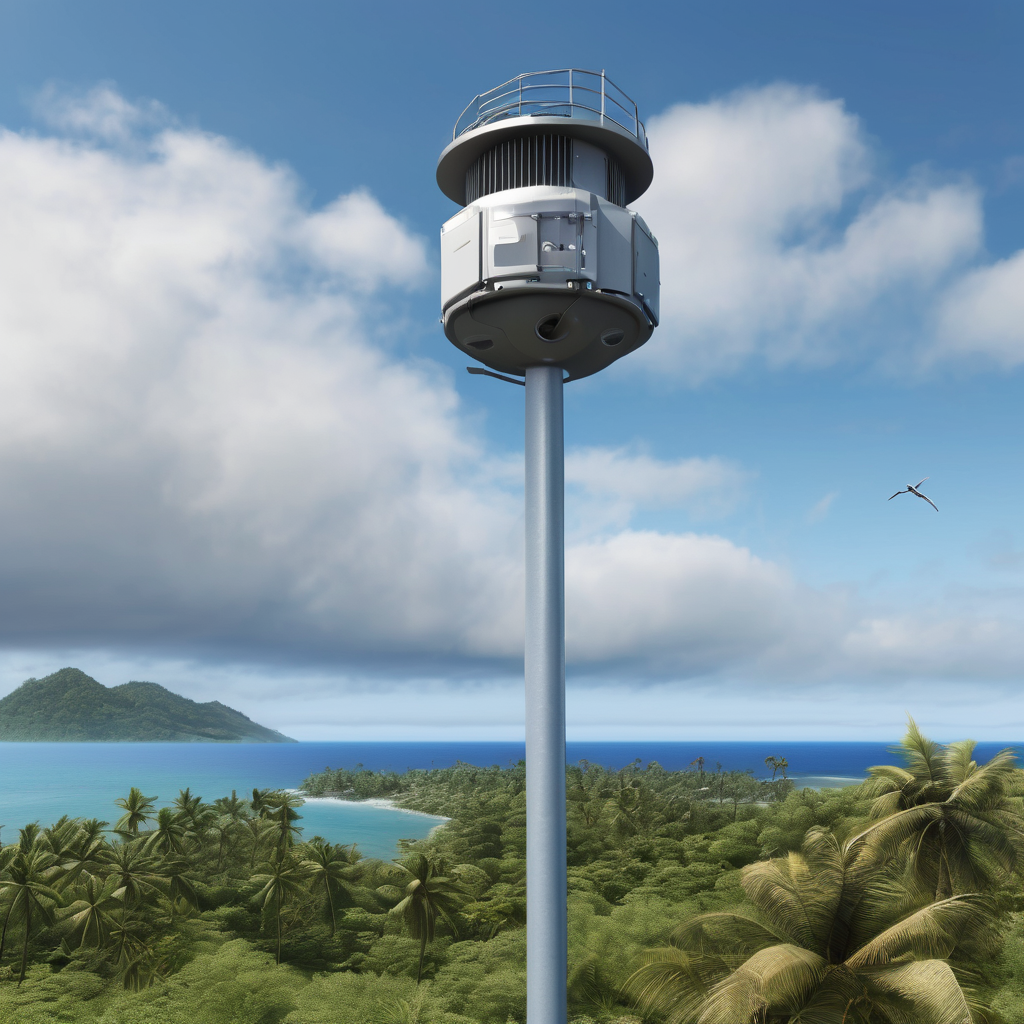Fiji is taking proactive measures to enhance its tsunami preparedness, urging continuous investment, scientific engagement, and community involvement. Minister for Lands and Mineral Resources, Filimoni Vosarogo, speaking at the World Tsunami Awareness Day 2025 event in Suva, emphasized that this year’s theme, “Be Tsunami Ready: Invest in Tsunami Preparedness,” is a crucial reminder that resilience must be developed and maintained through collaboration and resource commitment.
As an island nation surrounded by vast oceans, Fiji’s safety is intricately linked to how well it prepares for natural disasters, particularly tsunamis, which are among the most lethal hazards globally. Vosarogo asserted, “Preparedness is not an expense; it is an investment in protection and resilience.”
His address highlighted important government initiatives aimed at bolstering early warning systems and community responses to disasters. Key investments noted include more than $1 million to upgrade the National Seismic Network, expanding the tsunami siren network from Suva to the Coral Coast and Western Division, and updating the National Tsunami Response Plan in line with emerging scientific data and policies. Moreover, Fiji has established eight new tsunami-ready communities, with the Cuvu District identified as a pilot area.
Reflecting on past catastrophic events such as the 1953 Suva tsunami and the 2022 Tonga-Hunga Ha’apai eruption, Vosarogo stressed the necessity of swift and coordinated communication in the face of such threats. He acknowledged the importance of partnerships, thanking organizations like Japan, the International Organization for Migration (IOM), and regional coalitions, which play an essential role in building preparedness capacities.
The event also featured an oratory competition, showcasing local talents from schoolchildren, with Ruth Rabukawaqa of Veiuto Primary School and Romeo Rarogokica of MGM High School winning top honors in their respective categories.
The consistent attention to disaster readiness aligns with similar calls from officials in Fiji, especially from Minister for Rural and Maritime Development and Disaster Management, Sakiasi Ditoka, who has highlighted the critical nature of collaborative efforts in disaster risk management. Recognizing that community resilience begins with empowerment, Ditoka has emphasized the need for active youth participation, a vital aspect as the nation faces ongoing threats from climate-related disasters.
By focusing on educational initiatives and proactive community engagement, Fiji is cultivating a culture of preparedness and resilience, setting a commendable example for other nations vulnerable to natural disasters. This strategic approach not only enhances safety and response capabilities but also ensures that future generations are equipped to navigate the challenges posed by climate change and environmental threats.
